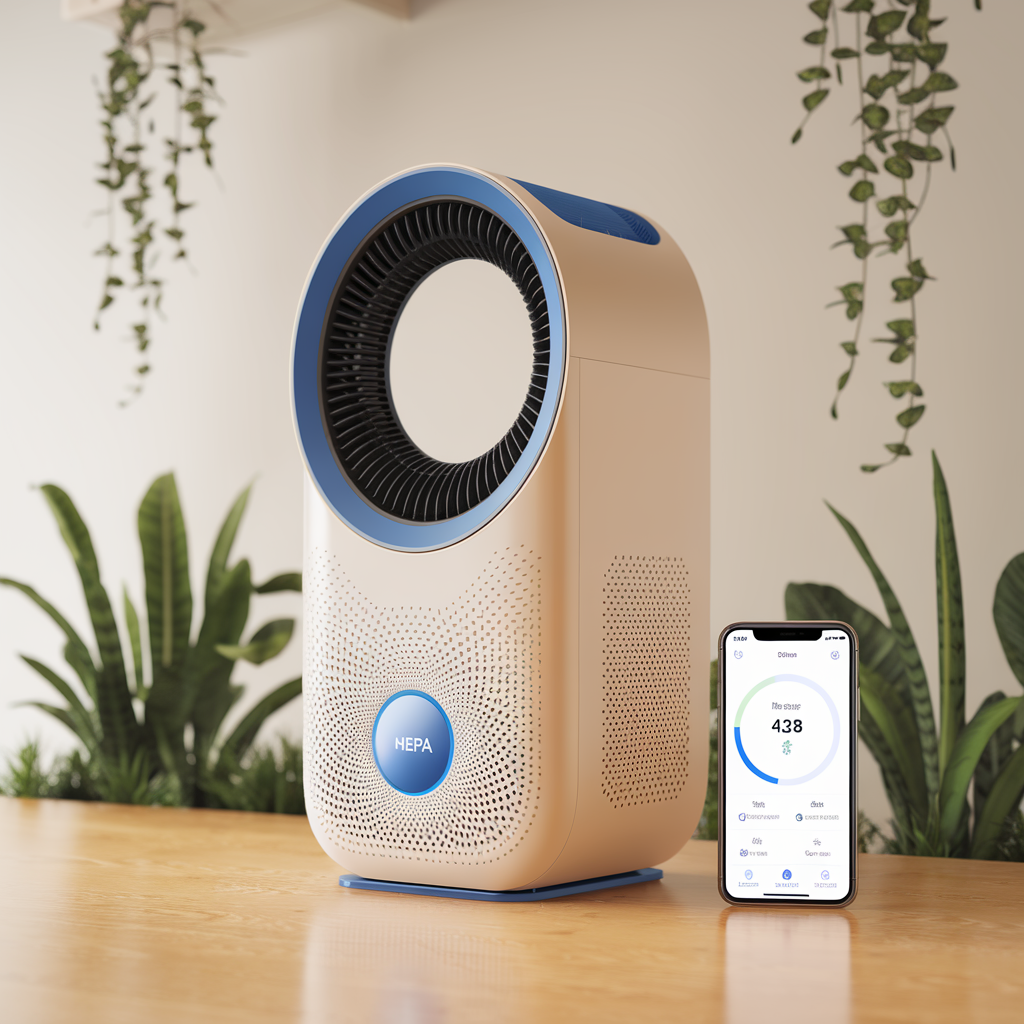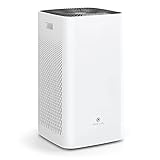
In an age of smart homes and connected devices, air purifiers have joined the ranks of tech-savvy appliances. But are Wi-Fi-enabled air purifiers truly worth the investment? Let’s dive into their features, benefits, and potential drawbacks to help you decide.
What Are Smart Air Purifiers?
Smart air purifiers are designed to integrate with your home’s Wi-Fi network, allowing you to monitor and control them remotely via a smartphone app. Many models also connect to voice assistants like Amazon Alexa or Google Assistant, making them a seamless part of your smart home ecosystem. But their functionality doesn’t stop at remote control—they often come with advanced features such as air quality monitoring, automated adjustments, and real-time notifications.
Key Features of Smart Air Purifiers
- Real-Time Air Quality Monitoring: Many smart purifiers come equipped with sensors that detect particulate matter (PM2.5), volatile organic compounds (VOCs), and other pollutants. These readings are displayed on the app, giving you a clear picture of your indoor air quality.
- Automated Adjustments: Based on air quality readings, these devices can automatically adjust their fan speed and settings to optimize performance, saving you the hassle of manual intervention.
- Remote Control and Scheduling: Whether you’re at work or on vacation, you can control your purifier remotely. Set schedules, turn the device on or off, or adjust settings—all from your phone.
- Integration with Smart Home Systems: Voice commands and automation routines make these purifiers a perfect fit for connected homes.
- Filter Replacement Alerts: Never forget to change a filter again! Smart purifiers send notifications when it’s time for maintenance.
The Pros of Smart Air Purifiers
- Convenience: Manage your air purifier anytime, anywhere.
- Better Insights: Air quality data empowers you to make informed decisions about your indoor environment.
- Energy Efficiency: Automated settings ensure the purifier only works as hard as it needs to.
- Future-Proof: As smart technology advances, these devices can receive updates, keeping them relevant for years.
Potential Drawbacks
- Higher Cost: Smart air purifiers are generally more expensive than their traditional counterparts.
- Privacy Concerns: Some users may worry about the data collected by connected devices.
- Reliance on Wi-Fi: Without a stable internet connection, many features may not work.
Popular Models to Consider
If you’re intrigued by the idea of a smart air purifier, here are a few top-rated models:

- Molekule Air Pro: A sleek design with PECO technology to destroy pollutants, making it perfect for large spaces and high-performance needs.

- Winix 5500-2: Known for its affordability, it features PlasmaWave technology and a smart sensor for automatic adjustments.

- Medify Air MA-112: A heavy-duty option with dual HEPA filters, ideal for larger homes or office spaces.

- Alen BreatheSmart 75i: A customizable model offering smart sensors and excellent air coverage for large rooms.

- IQAir HealthPro Plus: Premium filtration technology that targets allergens and particles, with smart monitoring features.
Are They Worth It?
The answer depends on your lifestyle and priorities. If you value convenience, want to monitor your home’s air quality closely, or already have a smart home setup, a smart air purifier is a great investment. However, if you’re on a tight budget or prefer simple, no-frills appliances, a traditional purifier may suffice.
Conclusion
Smart air purifiers offer an impressive combination of technology and functionality, making them a worthy addition to modern homes. While they come at a premium, their convenience and advanced features can significantly enhance your indoor air quality experience. Ready to explore more? Check out our Ultimate Guide to the Best Air Purifiers of 2025 to find the perfect model for your needs.


